In this article I will try to summarize what in my opinion are the best readings of the genre, in some cases also with personal opinions about each title, and reducing the list to those that I consider the most relevant to answer the question of what to read. If you are curious to know more about Cyberpunk (or cyberpunk), at the end of the article there is a collection of interesting links and more extensive articles on the subject. Considering how many novels there are, I should clarify that I haven’t read even a significant portion of them, so I’m sure I’m leaving some great gems unread. If you think I’ve left any out, please help me in the comments on this post.
Well, first of all, a little bit of…
History of Cyberpunk
Cyberpunk is a dark vision of science fiction. Every good cyberpunk novel almost always contains a dystopia, where a world ruled by large corporations that dominate the destiny of mankind is presented. Luxury and high technology (cybernetic implants, cyberspace, virtual reality and artificial intelligence) coexist with violence, crime, misery, drugs and prostitution. You’ve seen it in Blade Runner, Robocop or Chappie. The Cyberpunk genre began in the early 80’s and it is more or less extended the criterion that you can differentiate three major eras where you can look for what to read:
- Classic Cyberpunk (80’s): Between ’82 and ’89. The great authors of the genre are William Gibson, Bruce Sterling, John Shirley, Pat Cadigan and Rudy Rucker.
- New cyberpunk wave (1990s). Where manga, cinema and various Cyberpunk currents were incorporated, among which the “hard”(Greg Egan) and the more “fun”(Neal Stephenson) stand out, both totally distant from classic cyberpunk, which always had a more sociological and aesthetic pulse.
- Post-ciberpunk (21st century). More open, less fundamentalist and also less innovative, but exploiting the familiar ground already fertilized by decades of cyberpunk action films, television and literature. Here we find new works of both cinema and literature. At this point new movements like SteamPunk or BioPunk emerge, which share part of the base of the genre, but nothing more.
If you are looking for a more detailed definition, some time ago I wrote a specific article about what cyberpunk is.
Getting Started in Cyberpunk: Short Stories
Whenever I’m asked about what to read about Cyberpunk or how to get started in the genre, I always say the same thing: start with short stories. I’m not a big fan of short stories, but I think it’s a good – and quick – way to get started with an author or a particular genre. In the case of cyberpunk, especially if you follow my recommendations, in just two or three books, you can find the most significant works. There are two books of short stories that are already classics: “Mirrorshades” and “Burning Chrome”, both corresponding to the classic Cyberpunk era.
Burning chrome by William Gibson
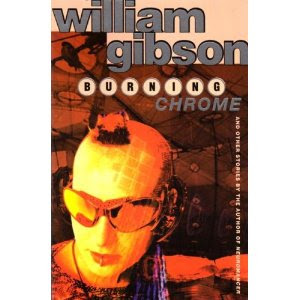 Burning Chrome, is a book of short stories by William Gibson, author of the best known novel of the genre(Neuromancer) and which I will recommend later. This collection of short stories, which predates his novel, contains some little gems, set in Gibson’s particular world, which he called “Sprawl” and which is consistent between some of his stories and his novels. Among the best stories in this compilation, we can find the following:
Burning Chrome, is a book of short stories by William Gibson, author of the best known novel of the genre(Neuromancer) and which I will recommend later. This collection of short stories, which predates his novel, contains some little gems, set in Gibson’s particular world, which he called “Sprawl” and which is consistent between some of his stories and his novels. Among the best stories in this compilation, we can find the following:
“Johnny Mnemonic”, which also represents the first film of the genre (and scripted by Gibson himself, although he later disowned it). The main character, Johnny, is a guy who rents RAM space in his brain to carry multinational secrets. Until something bad happens and they seek to erase the data any way they can. Underworld, thugs and scenes out of a Tarantino movie written by Irvine Welsh. It represents the “fun” part of cyberpunk, with action and no human overtones.
“Fragments of a holographic rose” and “The winter market”. Both stories, connected, are dark, poetic and with magnetic, cursed characters. It is the pure essence of Gibson, two of his best stories.
“Hotel New Rose,” my favorite Gibson story. It is a bit disjointed, but it has an unparalleled atmosphere and characters that leave an impression. It is not perfect, it does not pretend to be. It is authentic cyberpunk. Perhaps this is the short piece of Cyberpunk that gives me the most sensations. It would be the story I would recommend to someone who hasn’t read anything in the genre but already has extensive reading experience.
Gibson is known for using a technique that was not as common at the time as it is today: not explaining anything. Enter into the action, without exposing or explaining the environment, hoping that at the reading pace, the reader will find meaning in the context. This, coupled with Gibson’s ability to create a dense, unique atmosphere and provide a slow but steady pace, produces a sticky intensity effect, which some may find too heavy. It is not easy to read, but it is not demanding either.
Mirrorshades, by various authors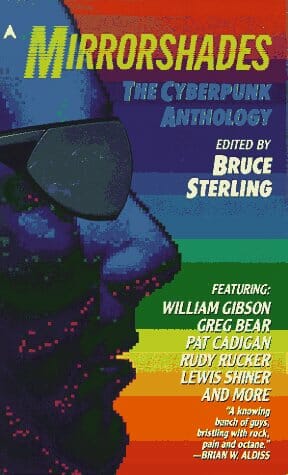
Mirrorshades is an anthology of twelve short stories. Of the 12 I can recommend four great stories you can read that reflect different visions of the genre:
“Snake Eyes,” by Tom Maddox. We find the first cyberpunk reference to the modified human body and artificial intelligences in a half science fiction, half horror story. It is a short story, but one that leaves its mark.
“Rock On” by Pat Cadigan is a complicated and baroque tale, but very cyberpunk. Pure atmosphere in a story about decadent musicians in a world that is sinking without remedy. A very visual and somewhat empty story for my taste.
“Free Zone,” by John Shirley. A black story in a decadent, dense and suffocating future. Drugs, mafias and junkie musicians. It’s the pure essence of classic cyberpunk, with a well-crafted prose and like its title: free. This is my favorite story in this compilation.
“Mozart in Mirrorshades,” by Bruce Sterling. An intelligent and unclassifiable story that mixes time travel with a society dominated by large transnational interests. It’s not too cyberpunk, but it’s a good story, in a collection that includes some stories that are far outside the genre (such as the one by Egan that could be classified as gothic-fantasy).
CYBERPUNK NOVELS
Must-read classics
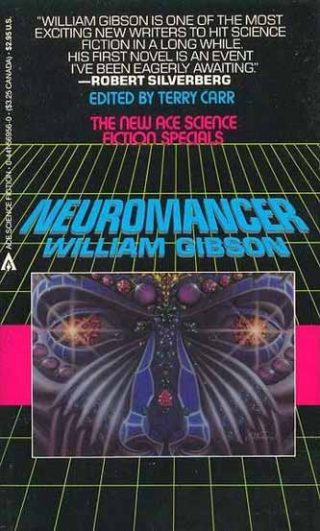
Neuromancer (William Gibson, 1984)
I have a specific post for Neuromancer that I recommend you read if you want a more complete opinion of this novel. It could be summarized in a simple way: Neuromancer is the unrepeatable and unique union of different factors that produce an innovative science fiction novel, different and with a very differentiated style. With a heavy, lyrical and personal style. Gibson recreates a somewhat confusing story, but with an overwhelming atmosphere. Not only that, but it tells a story that we know today but that in its day was a devastating blow to science fiction literature. I say we know it today, because we have all already seen many movies inspired by Gibson’s Cyberpunk.
Islands in the net (Bruce Sterling 1988)
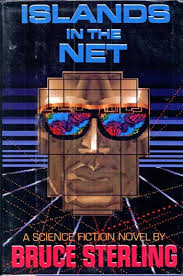 No doubt Sterling is on the “serious cyberpunk” side, along with Gibson. This novel is considered by many to be the best cyberpunk novel, and by others, it is not even cyberpunk. It all depends on what we expect to find. There is nothing funny, comical or essentially innovative. If we leave aside that Sterling has been able to predict thirty years of history quite accurately, we could say that Sterling, like Gibson, has excellent narrative and literary qualities. Sterling is one of the few classic cyberpunk authors who takes character development seriously, even more so than Gibson, although he doesn’t have the same ability to generate atmosphere. In“Islands in the Net” she tells a huge story, starring a married woman with a son who fights against data pirates, corporations and DNA traffickers. Although lacking the Cyberpunk ambiance of other works, it is a thoroughly recommended read.
No doubt Sterling is on the “serious cyberpunk” side, along with Gibson. This novel is considered by many to be the best cyberpunk novel, and by others, it is not even cyberpunk. It all depends on what we expect to find. There is nothing funny, comical or essentially innovative. If we leave aside that Sterling has been able to predict thirty years of history quite accurately, we could say that Sterling, like Gibson, has excellent narrative and literary qualities. Sterling is one of the few classic cyberpunk authors who takes character development seriously, even more so than Gibson, although he doesn’t have the same ability to generate atmosphere. In“Islands in the Net” she tells a huge story, starring a married woman with a son who fights against data pirates, corporations and DNA traffickers. Although lacking the Cyberpunk ambiance of other works, it is a thoroughly recommended read.
WHAT TO READ ABOUT THE NEW CYBERPUNK WAVE
AKIRA (OTOMO, 19821990)
T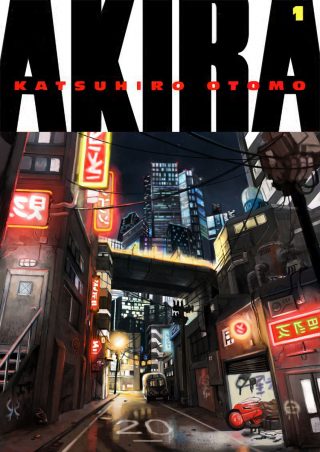 okio today is almost cyberpunk. It has nothing to do with the city being a mass of metal, cement and glass in which it is impossible to see the horizon, or that it is one of the most populated cities in the world. Something influences his fondness for neon lights and its streets full of life. No, it has to do with the personality of the city itself and its people. It is no coincidence that Gibson chose Japan as part of the heart of his cyberpunk soul. Otomo, with his graphic novel “Akira” puts the other part, the Japanese vision. Akira is an unclassifiable graphic novel that goes beyond what Gibson started, venturing further into dystopia and a broken society. If you are curious to know more about the relationship between Tokyo and cyberpunk, you can continue reading about the soul of things, an article to write after a week in Tokyo.
okio today is almost cyberpunk. It has nothing to do with the city being a mass of metal, cement and glass in which it is impossible to see the horizon, or that it is one of the most populated cities in the world. Something influences his fondness for neon lights and its streets full of life. No, it has to do with the personality of the city itself and its people. It is no coincidence that Gibson chose Japan as part of the heart of his cyberpunk soul. Otomo, with his graphic novel “Akira” puts the other part, the Japanese vision. Akira is an unclassifiable graphic novel that goes beyond what Gibson started, venturing further into dystopia and a broken society. If you are curious to know more about the relationship between Tokyo and cyberpunk, you can continue reading about the soul of things, an article to write after a week in Tokyo.
Ghost in the shell (SHIROW, 1989)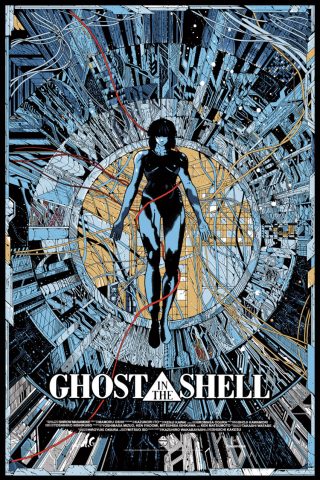
Here we have everything: artificial intelligence, large corporations, environment and above all, many questions about the meaning of being human. From Japan, this graphic novel about artificial intelligence. The film, which is a corporate and crime thriller, gives a twist to the genre, providing action and humanity and a very successful atmosphere.
They are about to release a film with this name, which will probably leave a bad taste in the mouth, but will still be aesthetically irreproachable.
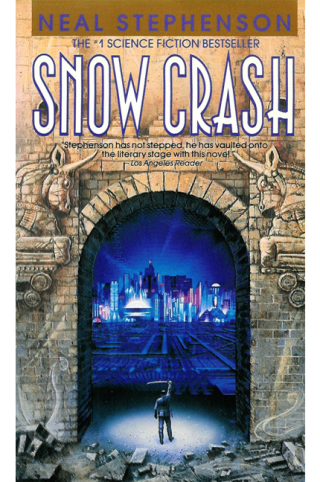 Snow Crash (Neal Stephenson, 1992)
Snow Crash (Neal Stephenson, 1992)
It could be said that Snow Crash is the World of Cyberpunk. An introductory sentence to one of his characters is enough to understand the tone of the novel: “
Vitaly owns half a carton of Lucky Strike, an electric guitar and a hangover.
“. The novel mixes action, a crazy and unreal world and a histrionic mix of technology, dystopian utopia and endless hooliganism. Of course, I understand why fans of the Gibson-led genre said that Cyberpunk was dead when they read Snow Crash. Nevertheless, the novel is very well written, funny and entertaining.
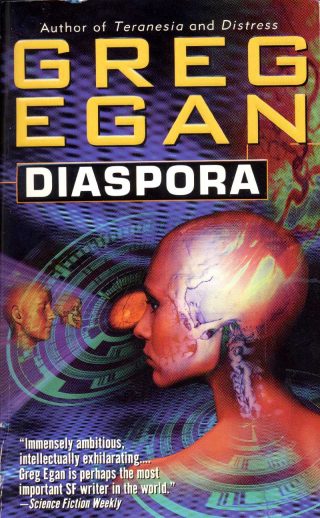 DiÁspora (Greg Egan, 1997)
DiÁspora (Greg Egan, 1997)
The only serious exponent of the “Hard” side (closer to the scientific) of a subgenre – cyberpunk – characterized by not giving a damn about science or scientific rigor. I have included him in this compilation out of pure democracy since he appears in all the lists, but he is an author whose books I find it a great effort to read. His two most cyberpunk books are Diaspora (cryptic, unapproachable for anyone without an engineering background and mentality – preferably with a PhD in biology, physics or mathematics) and Permutation City which I liked but would describe as “science fiction for computer scientists”. Personally, I wouldn’t qualify it as cyberpunk and it’s not a read I would recommend. I mention it here for that reason, just to warn you ;)
what to read ABOUT POST-CYBERPUNK
Many say that true cyberpunk died in ’89. I do not take away some of their reason, part of the existential component was lost and the union between the social and the aesthetic was lost sight of in pursuit of a superficial technology and an action full of neon lights. However, new authors are constantly reminding us that cyberpunk may not be improved, but it can be continued.
ALTERED CARBON (RICHARD MORGAN, 2002)
Morgan is a 21st century author, skillfully combining action, technology and hardcore sex without mussing his hair. The initial approach of this novel -the first of a saga- is intimidating. It is a complex, dark world with many possibilities that Morgan shows before our eyes. With a clear and fast prose, far from Gibson and his peers of the 80’s. Nevertheless, it is there, the cyberpunk atmosphere, the suffocating feeling that life is worthless, that everything is a handful of bytes. Perhaps Morgan’s problem is that he ends up believing the action scenes more than his characters. A good trip, although we will miss the depth of the classics. It is a good way to approach the genre if we are looking for something entertaining to read and at the same time with a good atmosphere. A good book, despite its flaws. If you like it, don’t miss Laws of the Market, another of his novels that I discuss in my other cyberpunk introductory article: how to start reading cyberpunk.
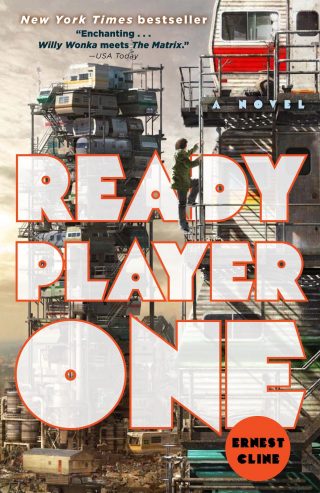 READY PLAYER ONE (ERNEST CLINE, 2011)
READY PLAYER ONE (ERNEST CLINE, 2011)
Cline made a big splash with his first novel, “Ready Player One”. So much so that he will probably not be able to repeat the success, as is often the case with many authors. In this novel, which clearly draws from the classics, there is nothing to reproach. The combination of story, characters, settings and action make it a classic for readers twenty years from now. If I could say something bad about it, it is that in twenty years it will not be understood, as its cultural references are too restricted and it will turn out to be a museum piece. Enjoy it now that you can read it, great novel.
The mechanical girl ( Bacigalupi. 2009)
Okay, it’s not exactly cyberpunk, it would fall into the BioPunk category. Something like technology is biologically oriented. Without going into detail, The Mechanical Girl is a great novel that has many of the elements that mean that if you like classic cyberpunk, by definition you will end up liking this novel. It is a well-written, entertaining novel with characters who have lost almost everything. Familiar ground if you have already read any of my previous recommendations.
The truth is that I’m sure I’ve left out dozens of works that I haven’t read. But what can you do, besides cyberpunk, besides science fiction I love to read many other things. Literature is a huge field, however, if you want to keep reading about Cyberpunk, you can give these articles I wrote on the subject some time:
- What is cyberpunk? A full-fledged introduction.
- Free Zone, by John Shirley. The cyberpunk that had a punk rock band.
- Nietzche and the new man (cyberpunk). A historical perspective.
- Cyberpunk: 10 curiosities you didn’t know. Useful for a game of trivia or to play smart on a boring afternoon ;)
- Neuromancer: The origin of cyberpunk. Monographic article on the great cyberpunk work.
I’ve also written a couple of Cyberpunk articles for other blogs as a contributor:
- Cyberpunk: now and forever, for Ebrolis
- Cyberpunk science fiction, for CabalTC.
- The aesthetics of cyberpunk, cyberpunk beyond literature, for the Futurist Sonic Front.
And we could not miss some essential external links:
- Cyberpunk database. Priceless database full of books and movies.
- Reddit Cyberpunk thread.
- Cyberpunk category on Goodreads
Having reached this point, you’ll forgive me, but I’m going to tell you about my own cyberpunk novels.
11.4 light dreams
. It’s not a hardcore kind of cyberpunk, in fact most of my readers don’t even read science fiction and they liked it. If you try it and want more, you can continue reading Ariel de Santos’s story at
Brin’s Black Tears,
which, although it continues the story, can be read as a stand-alone without any problem.
|
UN THRILLER CYBERPUNK EN EL PARÍS DEL SIGLO XXIII
|
|
Esta es la historia de uno de los artistas vivos más reputados de los Estados Europeos del Sur, un hombre atormentado por sus pactos con el diablo y adicto al Trank, la droga universal. A través de sus ojos, seremos testigos de la aventura más ambiciosa de la historia, un viaje sin regreso hacia un destino en las estrellas a bordo de una nave generacional. |
Cómprala ya, en eBook o en papel
 |
¿Qué queda de humano cuando todo lo demás es artificial?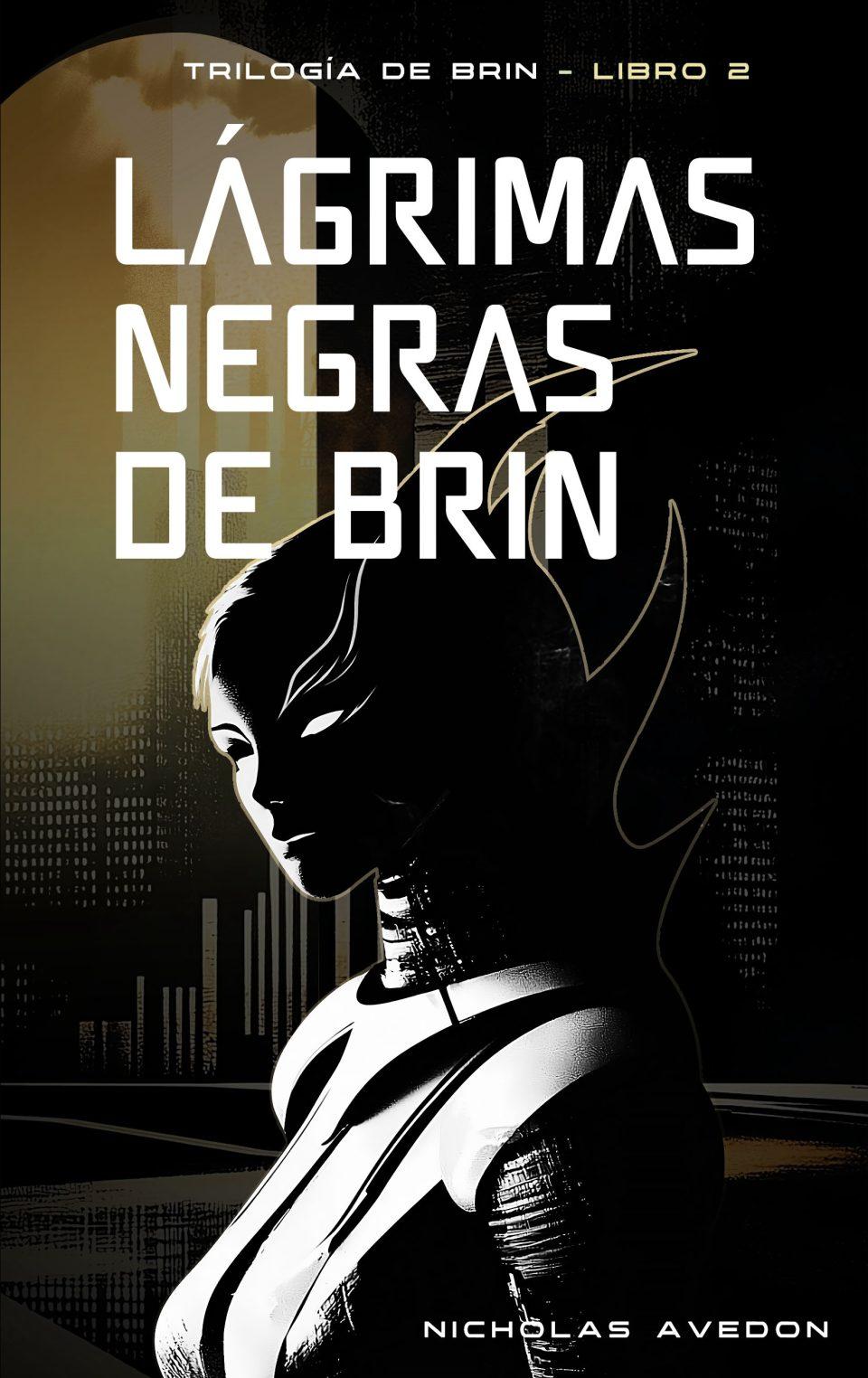 |
|
El siglo XXIII comienza sin héroes. Solo quedan escombros, cuerpos conectados a máquinas… y sueños que ya no pertenecen a nadie. En las profundidades de Róterdam, una adolescente marcada por el odio descubre que su rabia puede despertar algo más que destrucción. En París, un director de arte de fama mundial encuentra a la única mujer capaz de hacerle abandonar todo. Incluso la Tierra. Entre millones de líneas de código, en un mundo virtual que no le pertenece, una IA sin rostro comienza a preguntarse qué es sentir. En un mundo que ha olvidado el pasado y teme al futuro, tres destinos entrelazados decidirán si merece la pena volver a sentir. Porque tal vez la revolución no empiece con una bomba… sino con una emoción. Una novela de ciencia ficción sobre lo que todavía nos hace humanos. |
Compra “Lágrimas negras de Brin” en Amazon y en mi web:
 |
Descubre más sobre el mundo de Brin
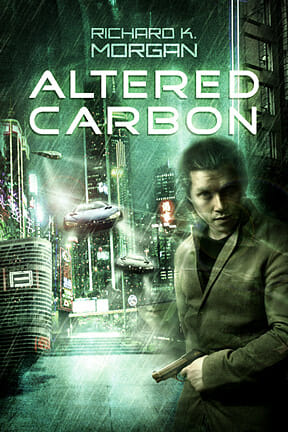
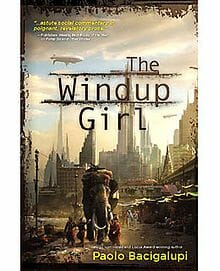
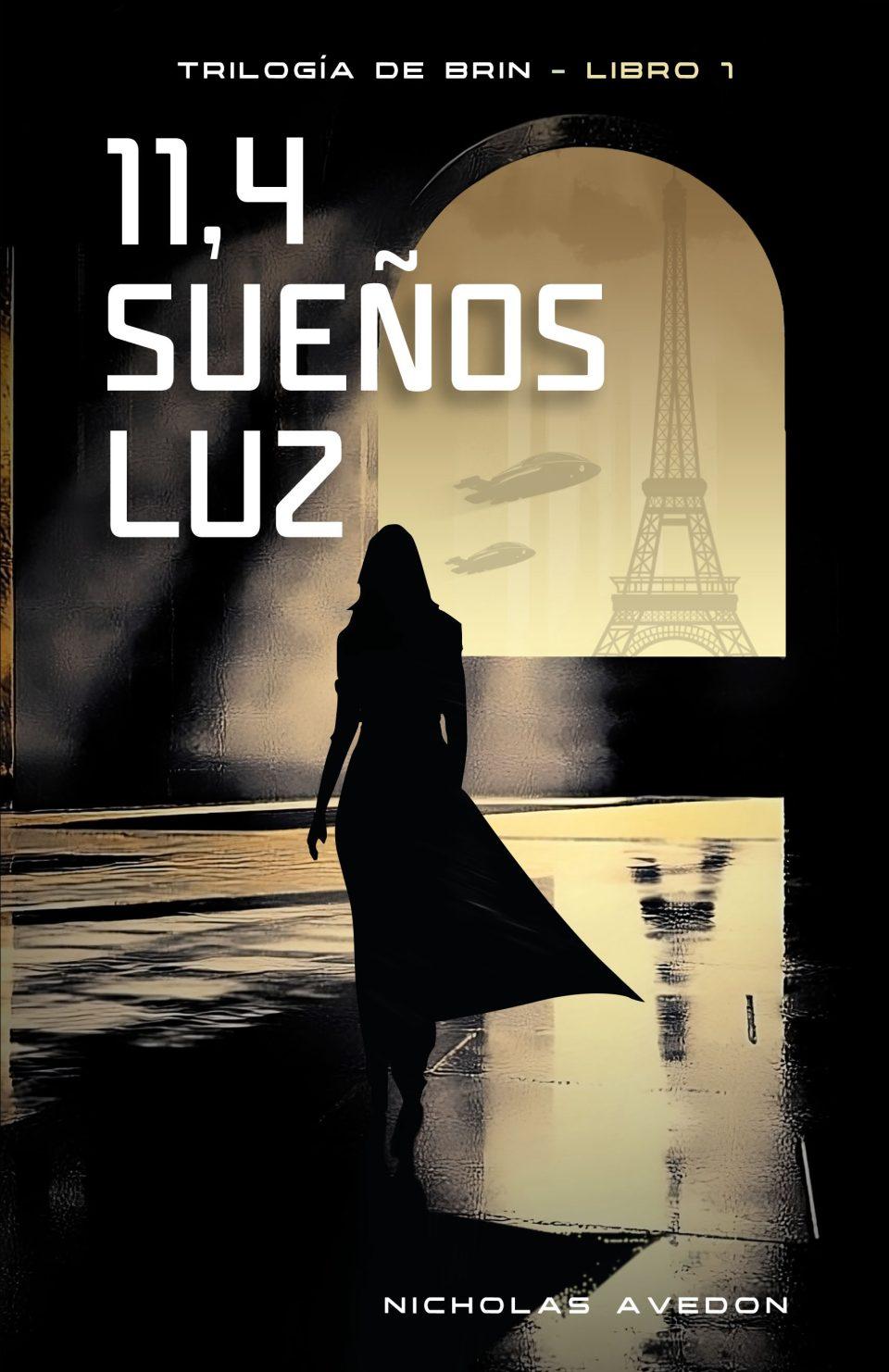

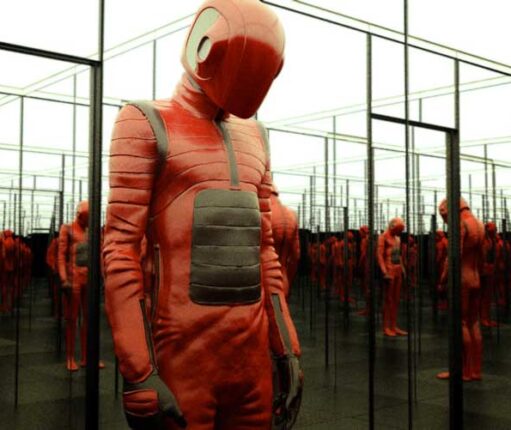
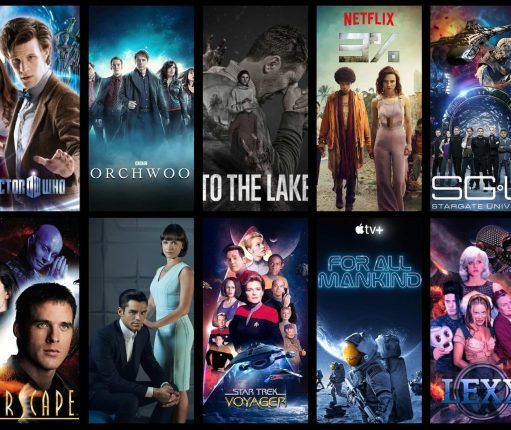
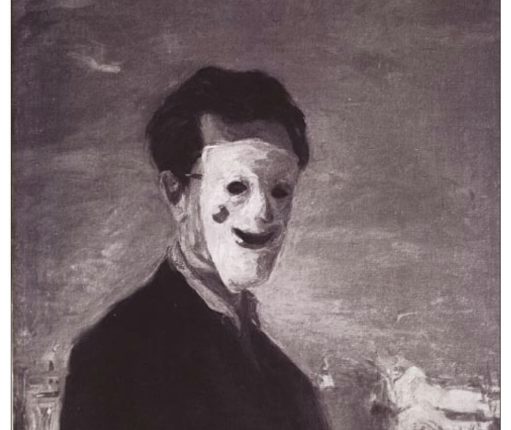
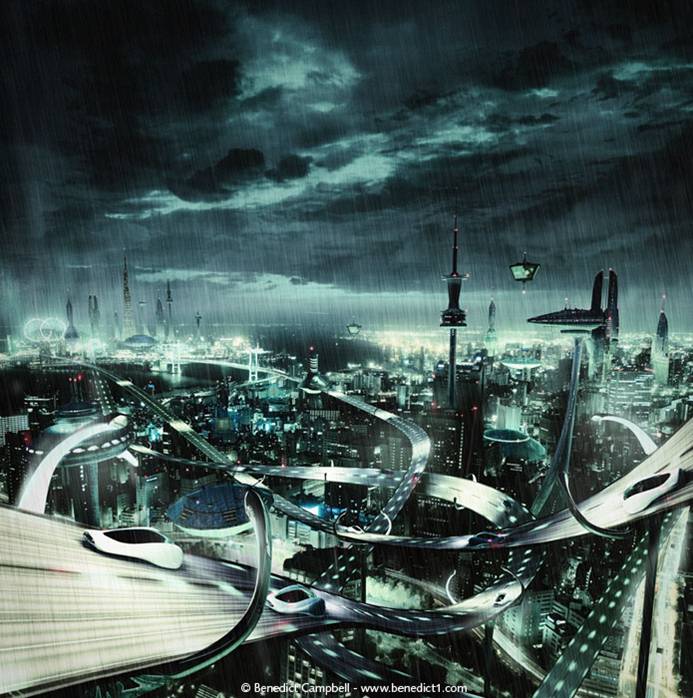
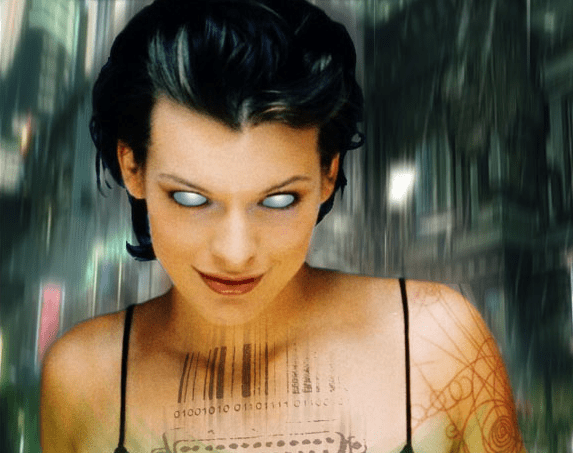
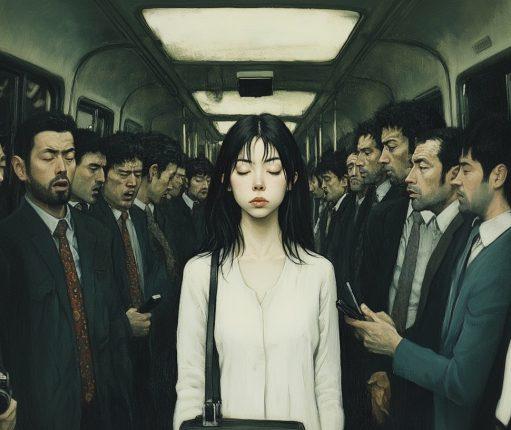
No Comments